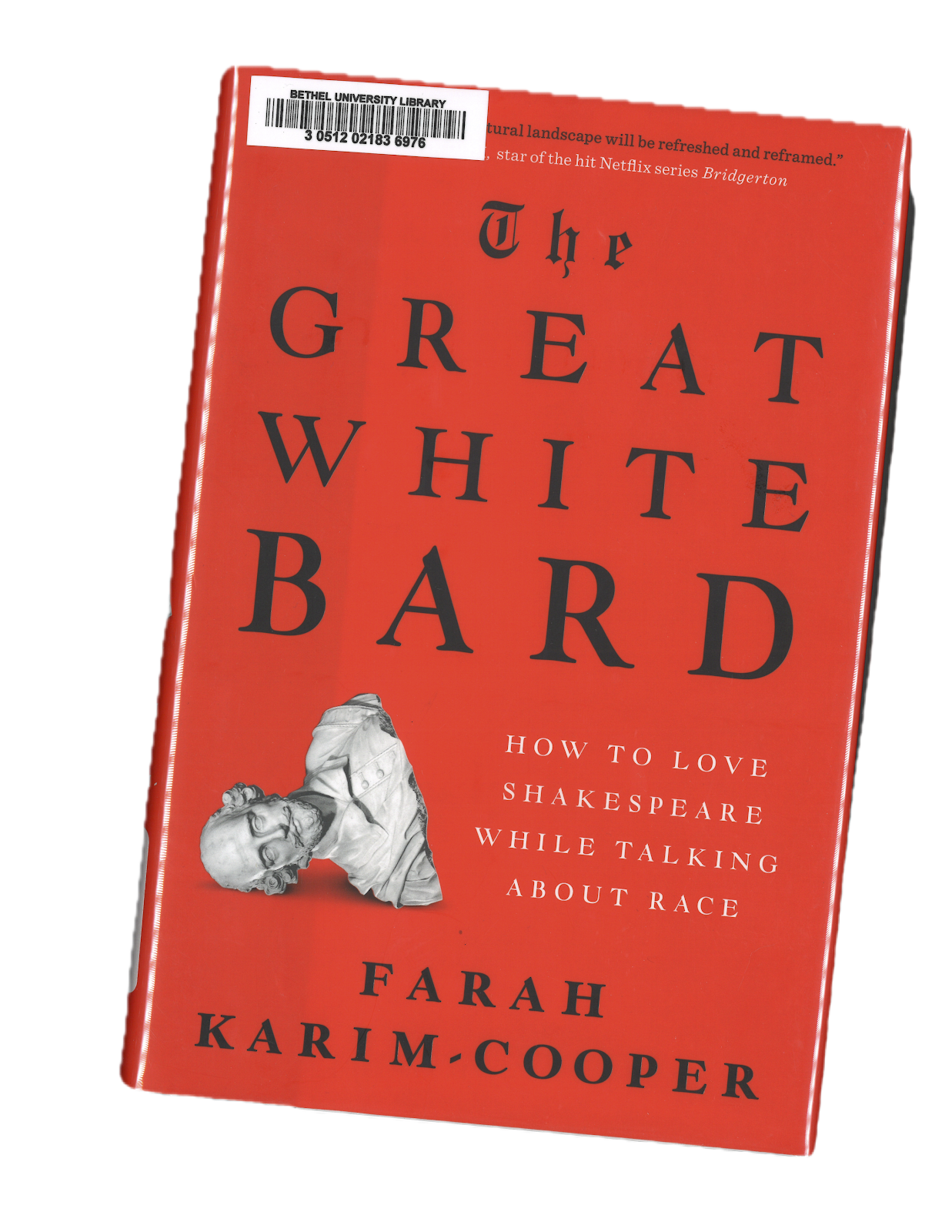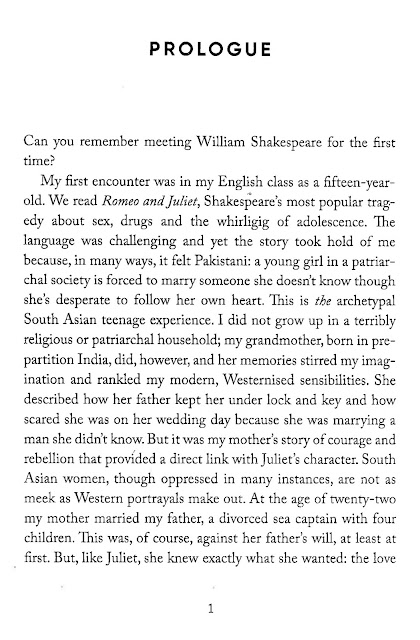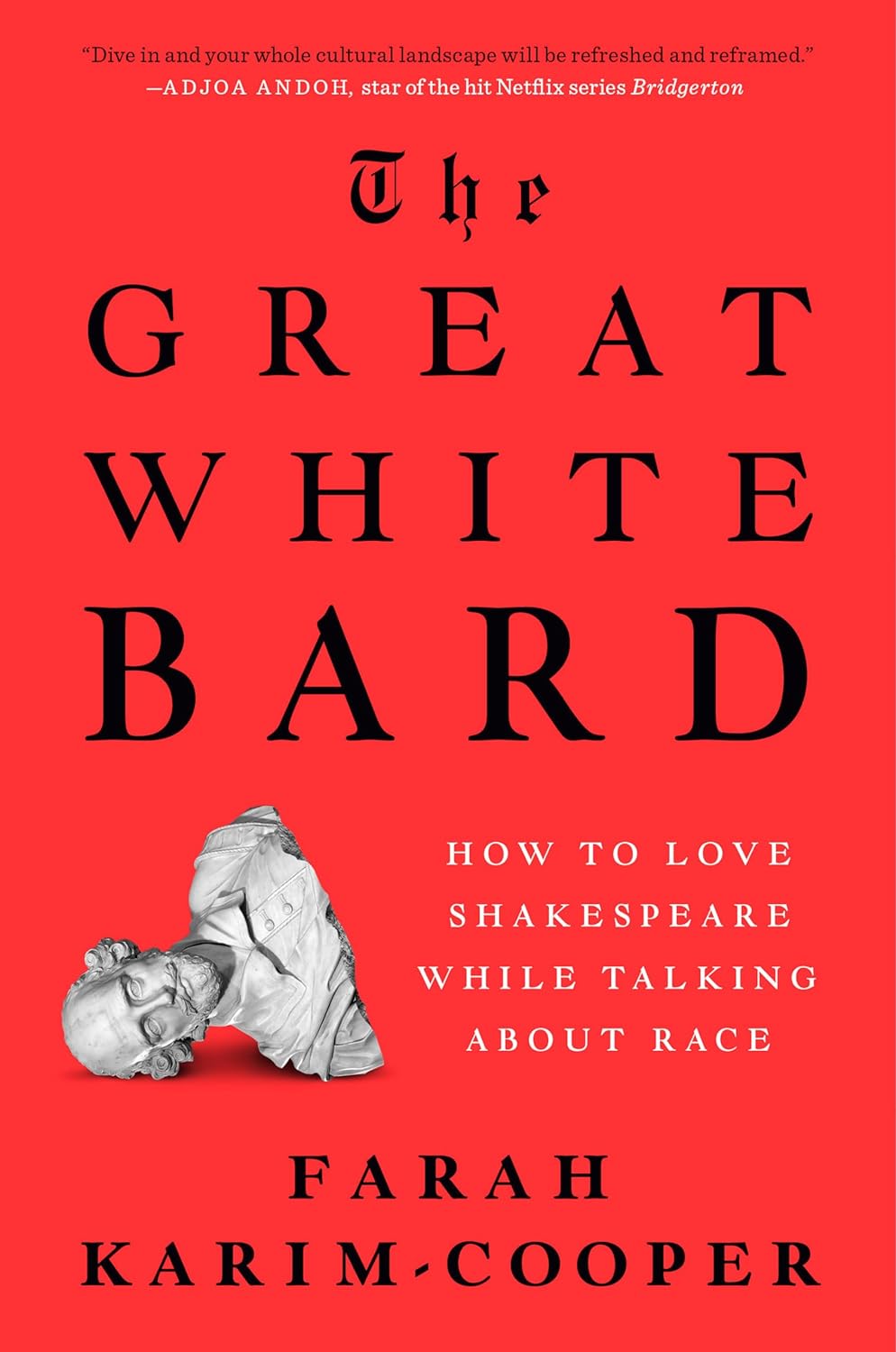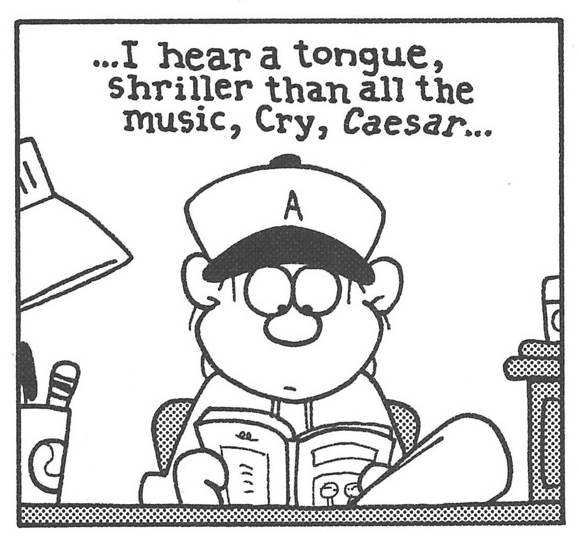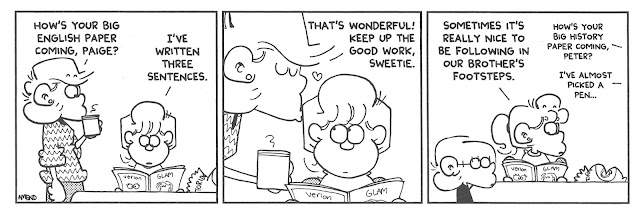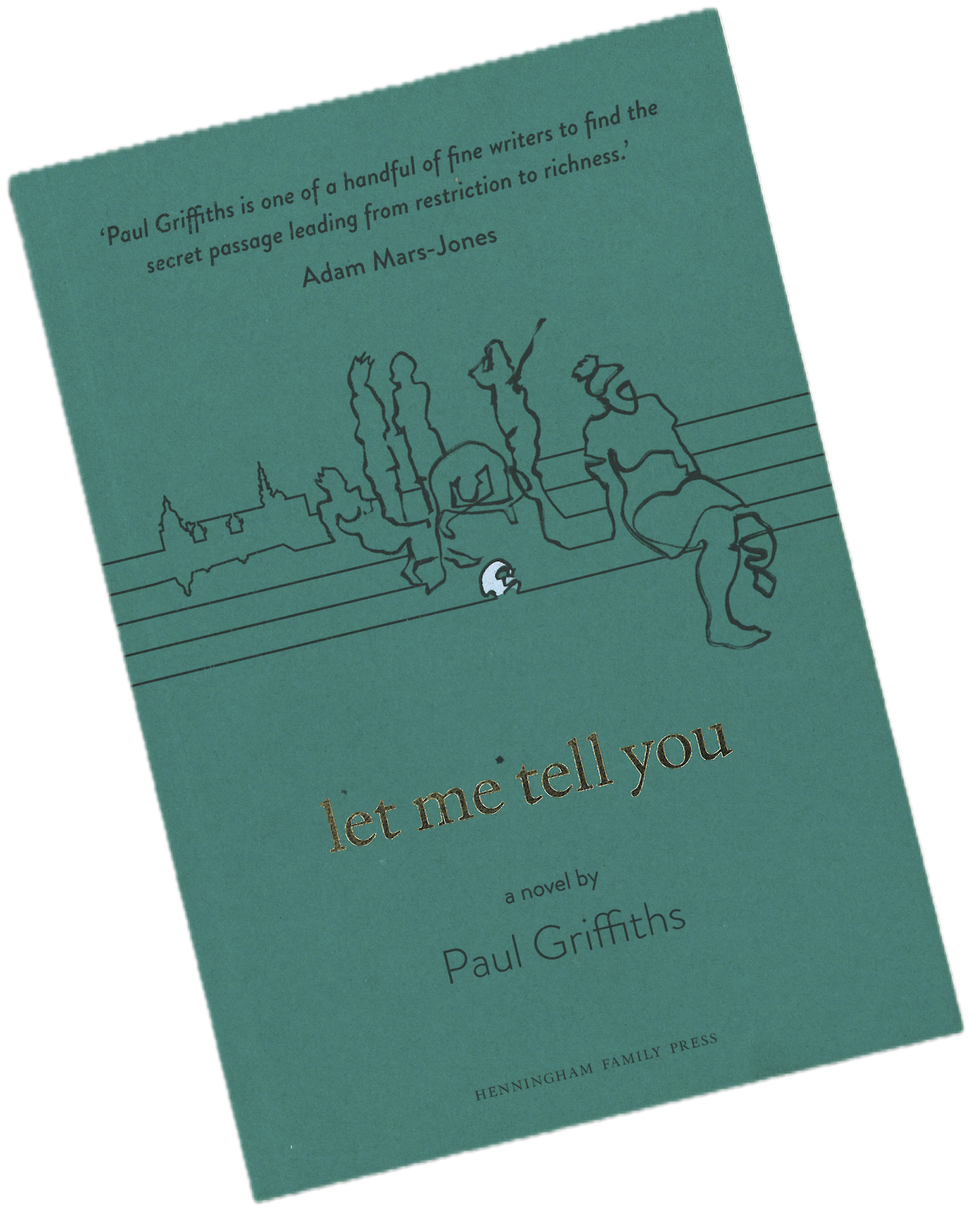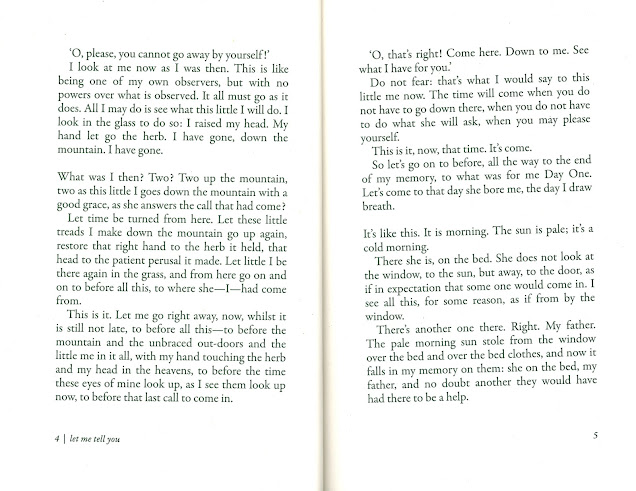Farah Karim-Cooper has just been appointed the director of the Folger Shakespeare Library in Washington, D. C.
Congratulations, Dr. Karim-Cooper!
I read The Great White Bard last semester, but this seems an apt time to mention it on Bardfilm and to provide some commentary on it.
The best way to introduce the book is to let Karim-Cooper do it. Her prologue is short, but it’s to-the-point, and it does a much better job of talking about the books concerns than I could do.
The book is important. Every Shakespeare scholar, teacher, director, and actor ought to encounter it. Karim-Cooper articulates, with a wealth of scholarship and anecdote, ways to think about Shakespeare and race—both contemporaneously to him and to us.
But it should be read with a critical eye. Late in the book, Karim-Cooper starts to consider language relating to whiteness, and she points out a number of places where that language could and should be worrisome. But at that point, she pushes her argument too far—to the extent of it becoming tedious.
Although greatly appreciative of the book and having been swayed by a lot of its argument and having my eyes opened by even more of it, I’m not convinced that “fair” always means racially white. We ought to have our attention drawn to the word, and we ought to consider what meanings are possible, likely, or helpful in each circumstance, but we ought also to be able to reach the conclusion that “fair” is not racially-charged in certain circumstances, and I sense in Karim-Cooper a reluctance to entertain that conclusion.
Reading this book will change a number of your preconceptions about Shakespeare. Reading it will contribute to deeper readings and performances of his plays. And I’m eager to see the direction Karim-Cooper takes the Folger Shakespeare Library during her tenure as its director!
Click below to purchase the book from amazon.com
(and to support Bardfilm as you do so).
(and to support Bardfilm as you do so).

